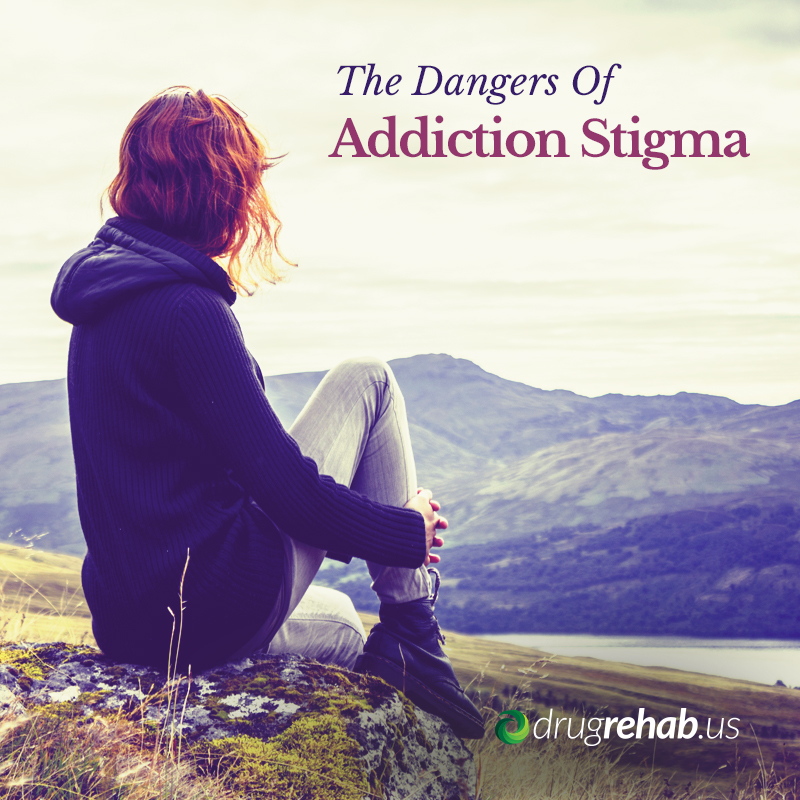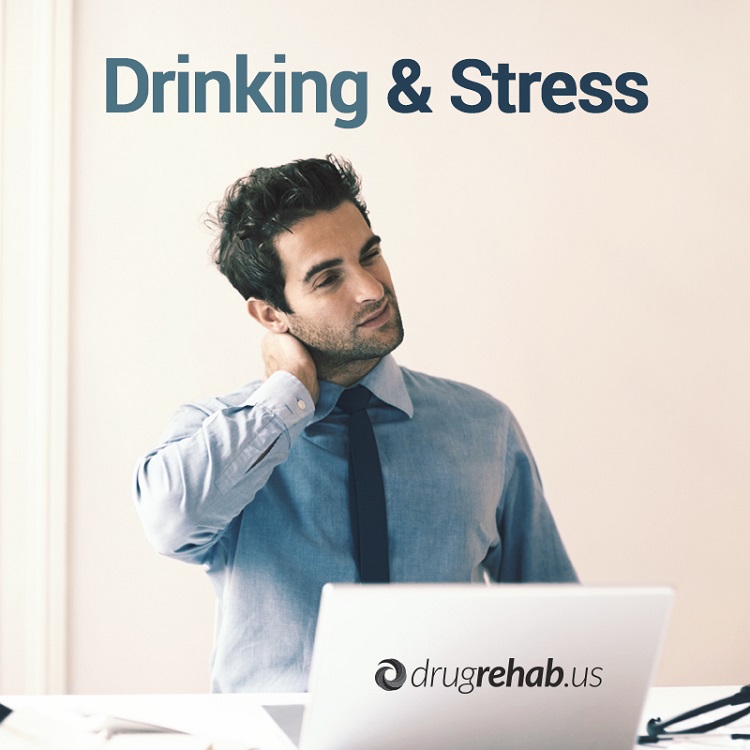The ways in which addiction impacts families are numerous. If you have been struggling because someone you love is battling the disease of addiction, you need help. The addict is not the only one affected by addiction and is not the only person who needs support to heal.
You may need to attend therapy on a one-on-one basis. You might consider attending sessions with the addict you love. But you should also consider joining a support group. The mutual support of other people who have been through the same struggle can be a powerful tool to help you heal.
How Addiction Impacts Everyone
When someone is battling addiction, he tends to think only of himself. True, he is going through an epic battle that could take his life, but the addict is not the only one to suffer. Addiction is a disease of the whole family. It causes stress and tension in the home and affects the stability of the family unit as well as the well-being—physical, mental and emotional—of each individual in it. It doesn’t matter if the addict is a child or a parent: everyone suffers.
Coping With An Addict In The Family
 Experts agree that there are certain steps you should take if you have an addict in your family. First you need to educate yourself. Learn about addiction, what it is, what it means for the addict, and what it means for you. Education is power and is needed if you are to cope with this issue. Resist the urge to enable the addict in your life.
Experts agree that there are certain steps you should take if you have an addict in your family. First you need to educate yourself. Learn about addiction, what it is, what it means for the addict, and what it means for you. Education is power and is needed if you are to cope with this issue. Resist the urge to enable the addict in your life.
This seems obvious, but enabling can be subtle and you may not even realize you do it. Financial support, making excuses, taking over responsibilities are all ways in which you enable the disease of addiction. Finally, it is crucial that you help yourself through this process and a big part of that is getting support.
Joining A Support Group
You care about the addict in your life and you want to help him, but you can only do so much and you have to take care of yourself as well. Don’t deny or belittle the negative impact that addiction is having on your life. Acknowledge it and ask for support. Loving an addict can mean emotional, mental and physical distress. You can’t bear this alone, which is why support groups have been meeting for decades to help people like you.
Support groups for families of addicts are available nearly everywhere. If you live somewhere remote or have no transportation, you can at least find an online group to join. The benefits of joining one of these groups are huge. Simply being there to listen to the stories of others has a big psychological impact. Knowing that you are not alone in your struggles and that other people understand you will be a great comfort.
Be sure to attend sessions regularly to get the most benefit. It is also important to participate. If you are uncomfortable sharing at first, take your time. Go to a few sessions and just listen. The other members will understand that you don’t want to share right away. As you get to know how the group works and become familiar with the members, you will start to feel more comfortable. Push yourself to share. Talking about your own struggles will help both you and others. When you open up you begin to heal and when you begin to heal you will be better able to help the addict you love.
You And Your Addicted Loved One Are Worth It – Call Us Now For Recovery Help
04 Nov 2014
The Danger Of Addiction Stigma
Addiction is one of the most stigmatized diseases there is. Stigma refers to a sense of disgrace or shame attached to an action, behavior or situation. Many people still view addiction as a choice or evidence of weak moral character, and therefore as something shameful. Even as research and scientific evidence point to the medical characteristics of addiction and the chemical brain changes that occur in addicts, we still stigmatize addiction. If you or someone you know has battled addiction you know how overwhelming that stigma can be. It can also be dangerous and it needs to be shattered.
Stigma Prevents Addicts From Getting Help
 Perhaps one of the biggest dangers of stigma is that it keeps addicts from getting the professional help they so desperately need. When society at large views addiction as a moral failing rather than a medical illness, it makes sense that addicts would not want to admit to having a problem with substance abuse.
Perhaps one of the biggest dangers of stigma is that it keeps addicts from getting the professional help they so desperately need. When society at large views addiction as a moral failing rather than a medical illness, it makes sense that addicts would not want to admit to having a problem with substance abuse.
Why admit to something that would make everyone around you think less of you? It hurts to think of being treated that way, but it happens. And for this reason, many addicts deny their problem, hide their habit and refuse to get life-saving help, sometimes until it is too late.
Addiction Treatment Lags Behind Modern Medicine
Another danger of the stigma of addiction sits squarely in the world of medicine and the way in which the disease is treated. In spite of new research that shows the truth about addiction and which keeps growing in scope, treatment lags behind. We now know that addiction is a disease of the brain and should be treated as such. And yet, the majority of addicts in treatment are not getting care that is based on evidence and research. Just a small portion of addicts gets treatment that reflects what we know about addiction. Only when stigma shifts will treatment begin to change.
Addicts Are Going To Jail
The stigma of addiction is also entrenched in the justice system. Many addicts end up in jail for minor drug crimes, such as possession, when they really belong in treatment facilities. Most of the crimes committed by addicts are in the pursuit of drugs; in other words, their actions are a part of the disease. Sending an addict to jail for possession is almost akin to jailing someone with cavities for eating sugary foods or an obese person for having junk food. The latter two may sound ridiculous, but if we remove the stigma from addiction and view it as a disease, sending an addict to jail for having heroin would also sound outrageous.
Shattering Stigma
Stigma is dangerous. It prevents addicts from getting treatment, subjects addicts to sub-standard and ineffective treatment, and puts addicts in jail. If the incidence of addiction is to be reduced, we need to reduce stigma. If you or someone you know is an addict, it’s time to speak out and get help. We can work to end stigma by refusing to be quiet or complacent about addiction. Don’t deny the problem. Actively seek help and evidence-based treatment. Talk about your addiction and make sure people listen.
There is nothing shameful about having a disease and it’s time that everyone recognizes that fact. Stigma is killing addicts and that is the real shame when it comes to addiction. Change is coming, as evidenced by work of researchers and advocates for addicts, and it can’t come soon enough.
Time To Get Started And Take Action – Take That First Step To Addiction Recovery – Call Us Now!
03 Nov 2014
Drinking And Stress: A Dangerous Combination
Do you have a glass of wine to unwind in the evening after work? Do you reach for a cocktail after a stressful situation? Do you start to look forward to your evening drink earlier in the day when you’re feeling stressed? If you can say yes to any of these questions you are probably using alcohol to cope with stress. Drinking can make you feel momentarily looser, calmer and more relaxed, which is why many people use it to unwind. Doing so is a dangerous habit, though. You can make your stress worse by drinking and even risk becoming dependent on it.
Alcohol As Stress Relief
 Many people turn to drinking to relax and ease the everyday stresses of modern life. Most of us are busier than ever. We have demanding jobs, and in a rough economy, holding onto those jobs becomes crucial. We often sleep poorly and get too little exercise. Our diets are not always the best. On top of all this you may have other stresses in your life: troubled relationships, financial problems, trauma, a death in the family, etc.
Many people turn to drinking to relax and ease the everyday stresses of modern life. Most of us are busier than ever. We have demanding jobs, and in a rough economy, holding onto those jobs becomes crucial. We often sleep poorly and get too little exercise. Our diets are not always the best. On top of all this you may have other stresses in your life: troubled relationships, financial problems, trauma, a death in the family, etc.
Why wouldn’t you want to drink to feel better? Hanging out with friends at the bar and having a few cocktails or beers are fun activities. It’s no wonder many of us engage in drinking to diffuse stress. In the short term it can make you feel better, especially when you add in the socializing time with friends. In the long term, however, drinking can send your stress levels spiraling upward.
The Stress-Drinking Cycle
Researchers have shown that stress and drinking effect each other and result in a cycle of interaction that leads to worsening stress. One study found that alcohol changes how the body copes with stress. Drinking can actually reduce the stress hormones your body produces in difficult situations, but it also prolongs the tension that you feel associated with stress.
On the flipside, stress changes the way alcohol impacts your mood. When you are stressed and you drink you will crave more alcohol. You will also find that the positive feelings you normally get from alcohol are reduced. This interaction between stress and alcohol that goes on inside your body means that drinking actually worsens your stress. As your stress gets more intense, you may drink more and the cycle continues. Drinking will never cure you of chronic stress.
If you continue to use alcohol as a means of relaxation and stress relief you run the risk of falling into the stress-alcohol cycle. And if you land in that cycle you could end up becoming dependent on alcohol. Alcoholism is a disease and it takes a serious toll on both the mind and the body. Becoming an alcoholic means more stress in addition to physical health problems.
Healthy Stress Relief
One of the ways in which friends can be good for your mental health is when you interact in a social group. Having good social support can make you more resilient in the face of stress. Hanging out with friends and family, talking, laughing and having a good time helps to relieve stress that you already have. If you can keep the social engagements, but take out the alcohol, or at least reduce it significantly, you will have a powerful prescription for managing your stress. Add to your social interactions a healthy diet, plenty of exercise, downtime engaging in fun activities and you have a healthy stress relief plan and no need for that next drink.
Do You Find Yourself Drinking More And More To Relieve Stress? Call Us Now For Help!


